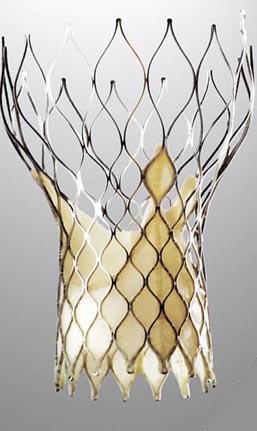Latest News Archive
Please select Category, Year, and then Month to display items
14 June 2024
|
Story Anthony Mthembu
|
Photo Suplied
 Jeremiah Hlahla, a UFS student completing his PhD in Botany at the University of Debrecen as part of an exchange initiative funded by the Erasmus+ Mobility Programme.
Jeremiah Hlahla, a UFS student completing his PhD in Botany at the University of Debrecen as part of an exchange initiative funded by the Erasmus+ Mobility Programme.
As part of an exchange initiative facilitated by the Erasmus+ Mobility Programme, Jeremiah Hlahla, a student at the University of the Free State (UFS), is nearing the completion of his PhD studies at the University of Debrecen in Hungary. Hlahla’s journey, which began in February 2024 and is set to conclude in July 2024, has been a remarkable learning opportunity. “As a first time-traveller to Europe, I have thoroughly enjoyed engaging with people from different countries and cultures,” he said.
The benefits of international collaboration
Hlahla is currently pursuing a PhD in Botany, focusing on plant stress physiology. “My current PhD project investigates the physiological, biochemical and morphological responses of vegetable-type soybean, or edamame, to combined drought and heat stress,’’ he explained. He considers the University of Debrecen the ideal institution to complete his research due to its extensive expertise and resources in similar projects. He noted that his colleagues at Debrecen conduct significant work on plant protection against biotic and abiotic stresses, including salt and drought stress, as well as proteins and amino acids in barley and other legumes.
Given the vast knowledge available on similar projects, Hlahla has found substantial engagement with his work at the University of Debrecen. “Upon arrival, I delivered an introductory lecture presenting my UFS project on the synergistic effects of combined drought and heat stress on the physiology and biochemistry of edamame. It was an engaging session as everyone could relate to my work and asked many questions,’’ he said.
Insights gained from the exchange
Hlahla has also gained valuable lessons that will assist him in his research career, including biotechnology and physiology tools. “I learned how to prepare samples and use high-performance liquid chromatography (HPLC) and reversed-phase ultra-high-performance liquid chromatography (UHPLC) to quantify proteins and amino acids,’’ he said. These techniques are beneficial not only for his current work but will also support future soybean research.
As his experience at the University of Debrecen nears its end, Hlahla reflects on the collaborations and friendships he has formed, which stand out as a significant highlight.
UFS Doctors make History in South Africa
2011-07-14
|

|
| New aortic valve |
Three members of our Faculty of Health Sciences made history by being the first to implant a special new aortic valve in South Africa.
In a combined effort, the Departments of Cardiology, Pediatric Cardiology and Cardiothoracic Surgery did the first Medtronic CoreValve implant in South Africa on a patient in Universitas Academic Hospital.
With the support of hospital management and the Medtronic company, Prof. Hennie Theron, Prof. Stephen Brown and Dr JP Theron of the Faculty of Health Sciences, with the assistance of Dr Jean-Claude Laborde, performed the operation early on Wednesday morning, 06 July 2011.
The advantage of this new valve is that it can be implanted percutaneously through a catheter from the groin. This eliminates the need for invasive surgery.
The valve is made from porcine pericardium (tissue derived from pigs) and is mounted on an expandable stent, which is threaded along an artery, until it reaches its desired position. Prof. Theron says the valve is especially useful in older patients who suffer from aortic valve disease and pose a high surgical risk. Furthermore, the use of this valve greatly reduces hospitalisation time, in comparison to traditional surgery.
“One patient already received an implant this morning and we hope to finish 2 more today,” Prof. Brown said, emphasizing the swiftness and efficiency of the new valve implanting process.
“It is a complex procedure, but this service can in future be offered to all patients in the public and private sectors of the Free State. It is heartwarming that the academic complex can take the lead in this modern, high-tech therapy.”
For more information on the procedure, please contact Prof. Theron at 051 4053428.